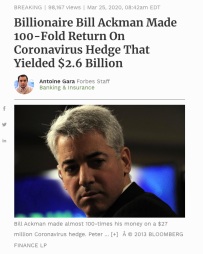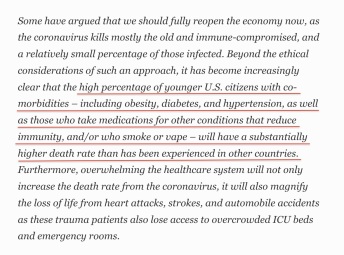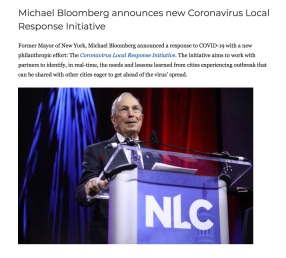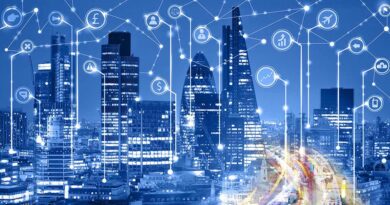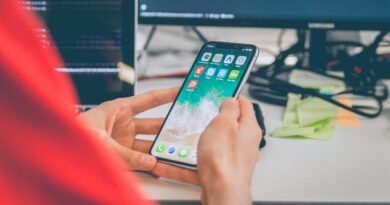Pandemic, public health, policing, and pay-for-success ‘solutions’
Framing future pandemics as an issue of national security allows public health to be subsumed within an increasingly sophisticated global apparatus of of digital surveillance, predictive analytics, and enclosure.
By Alison Hawver McDowell, Wrench in the Gears
My research into “pay for success” over the past three years made it clear that health and behavioral health data would be used to fuel the growth of “social impact” finance around the world. Over the past three weeks, however, it has dawned on me that it will also likely be used as a tool of social control. As populations become more volatile with the roll out of the Fourth Industrial Revolution, digital quarantine will be a powerful method of regulating economic systems and human bodies.
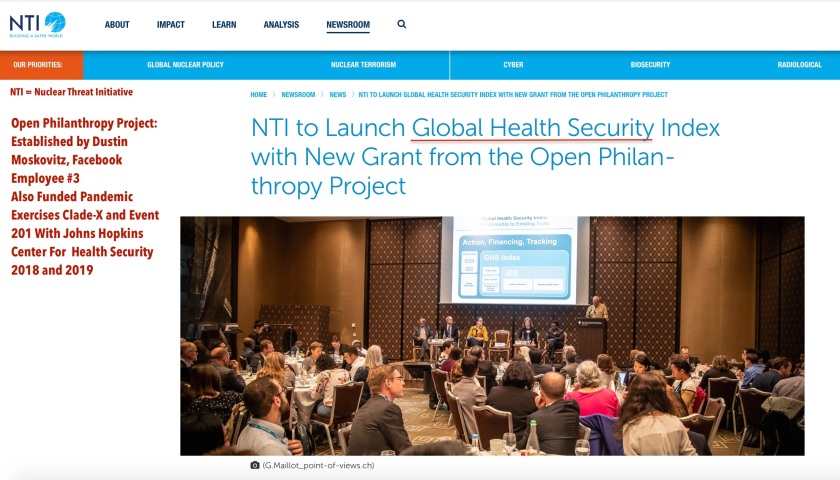
Framing future pandemics as an issue of national security allows public health to be subsumed within an increasingly sophisticated global apparatus of of digital surveillance, predictive analytics, and enclosure. The nature of the COVID-19 pandemic, which has been characterized by asymptomatic carriers and inadequate testing protocols, has led populations around the world to embrace diminished civil liberties and even welcome the opportunity to be deputized as community enforcers.
In our present state of emergency mismanagement, the vast majority of people do not have a solid understanding of the territory into which we are rushing. But the World Economic Forum with its Covid Action Platform does. Theirs is a future of robots and algorithms, where the masses are valued only so far as they demonstrate compliance to a new global order dictated by behavioral economics.
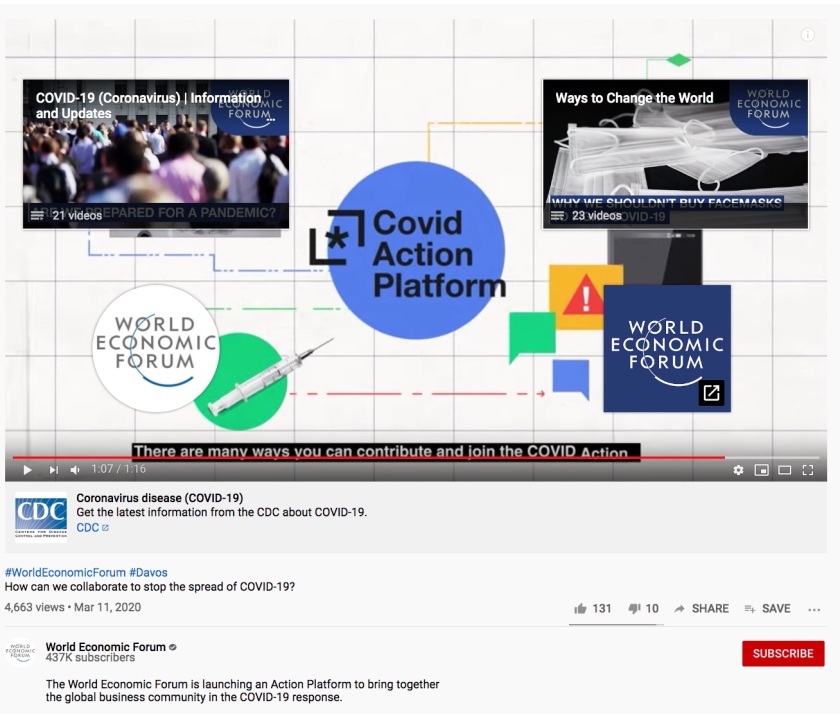
The spectre of future public health crises will be leveraged by transnational global capital to advance “pay for success” preventative “care,” where “care” is managed through the soft-surveillance of data-dashboards. Venture capitalist Bill Ackman and Solutions Journalism outlets like Atlantic magazine have highlighted the fact that COVID-19 patients with co-morbidities including asthma, diabetes, hypertension or a history of smoking have significantly worse outcomes.
And that my friends is where Michael, global envoy for the World Health Organization, Bloomberg comes in. As mayor of New York, Bloomberg established numerous precedents for “non-communicable” disease management that conveniently dovetail into “healthy city” initiatives. Once we come out the other side of the immediate COVID-19 threat, I foresee impact investors calling for resiliency and advancing generous grants for “preventative care.”
Communities that have for decades borne the brunt of environmental racism, food insecurity, trauma, and chronic stress, will be put on self-improvement pathways, lest they become “vectors” of disease transmission in some future viral outbreak. The “solutions” proffered will never eliminate the source of the problem, because that would foreclose future profit. Global hedge funds will link improved pandemic outcomes to data-driven investments in “social determinants of health.” “Public health” can thus be harnessed to manage dissent as a new globalized economic regime based on bio-capitalism is installed.
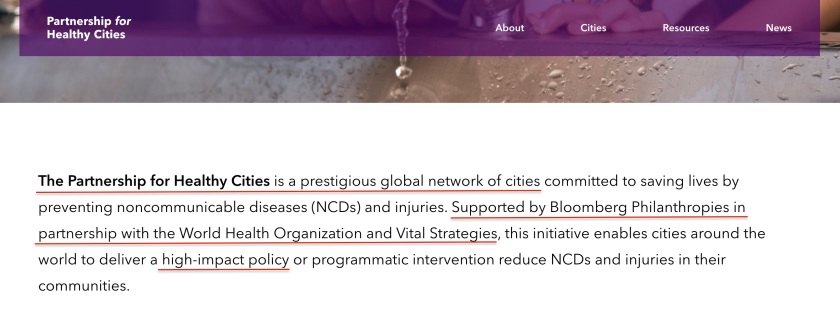
For the likes of Mark Zuckerberg, Bill Gates, Jeff Bezos, and Warren Buffet, health and mental health data is an asset class that sits conveniently at the intersection of “pay for success” profit and coercive force. We must have clarity around this as the world transitions to a “new normal.” It cannot be allowed to become a “normal” that advantages the interests of a billionaire class and the corporate state.
Data for these purposes will be harvested from screen-based devices, including phones and apps, wearable tech, personal digital assistants, and Internet of Things (IoT) sensors integrated into our homes, modes of transportation, and neighborhoods. Data collection will increase as care begins to prioritize tele-medicine and tele-therapy. That transition, of course, is being hastened by the COVID-19 pandemic.

The pace of 5G installation, the infrastructure upon which these Fourth Industrial Revolution systems rely, has ramped up even as we are under stay-at-home orders. In March, the same month that the World Health Organization recognized COVID-19 as a pandemic, the White House issued the document: National Strategy To Secure 5G of the United States of America. Keeping a safe distance, we take evening strolls through our urban neighborhood a few times a week. Every few blocks there are new small cell installations, pavement markings for utilities, and loops of cable overhead. Trucks for Verizon, the backbone 5G installer for our city, are a regular feature.
Even without 5G in place, the digital dust of our tele-presencing has skyrocketed under lockdown. In addition to our regular social media habits, we’ve added Zoom meetings, online education, watch parties, organizing events, virtual family visits, classes, and online shopping. As we slog through the coming weeks, if not months, of quarantine, it is vital that we understand our online interactions as signals intelligence.
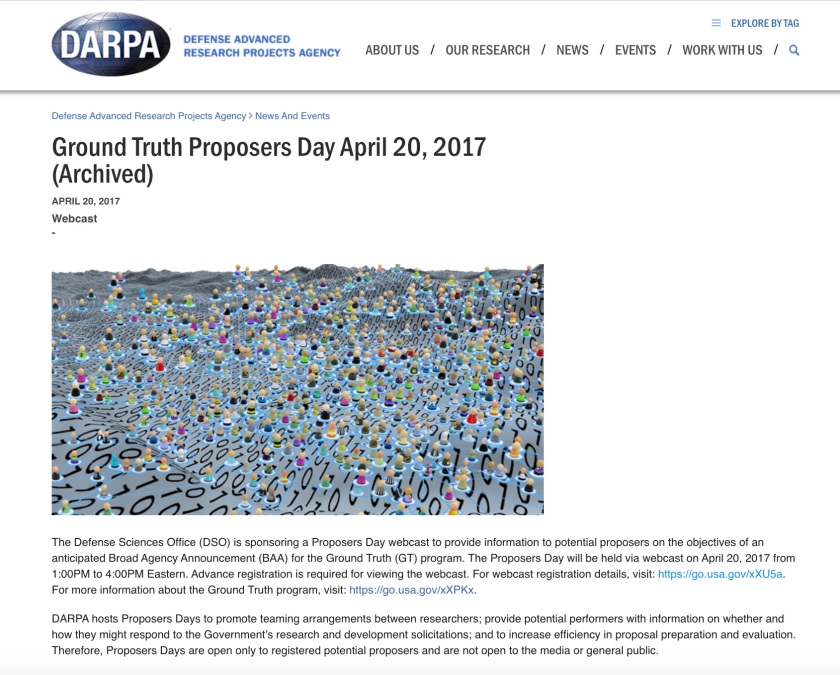
We are filling the Internet with information rich in sentiment analysis, a goldmine for folks like Martin Seligman at UPenn’s World Wellbeing Project to analyze for insights into our collective consciousness during a time of stress and uncertainty. We are being coerced into creating training data to inform efforts like DARPA’s Ground Truth program and the DoD’s Minerva Research Initiative. Sandy Pentland at MIT has run living labs to digitally track populations for years in cities like Trentino, Italy. Now it feels like we’ve all been co-opted into one giant experiment. Those in power are working their magic to “learn” the social physics of pandemic.
Consider this a test run.
They’re taking our temperature to strategize the next phase of the campaign.


